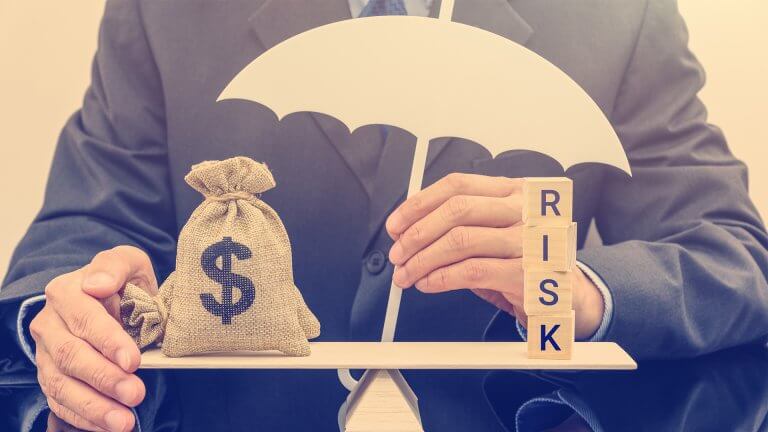Aviva, the UK’s largest insurer, detected over £110 million worth of insurance fraud in 2013 – a 19% increase compared with 2012.
The insurer’s figures show that insurance fraud is a diverse crime and can range from exaggerating genuine claims or injuries to entirely fictitious claims and accidents. Increasingly, insurance fraud is carried out by third parties – people who are not insured with Aviva but who are making a claim against an Aviva customer—for example for spurious injuries as a result of an accident—and also by organised gangs.
Tom Gardiner, Head of Fraud at Aviva, said: “Our priority is to pay genuine claims quickly and fairly while offering a great service to our customers. Last year in the UK, for example, Aviva settled over 910,000 claims worth £2.65 billion. We identified fraud on less than 1.9% of claims we received.
“However, a combination of factors including the economic climate, social attitudes toward insurance fraud as a ‘victimless crime’, and a lack of effective deterrents are increasing the frequency of insurance fraud. The good news is that we are constantly improving our ability to prevent and detect fraud, helping to keep premiums down for innocent policyholders. The ABI estimates fraud adds £50 to the cost of insurance premiums.”
The most common type of fraud in the UK, according to Aviva, is motor injury fraud, which represents 54% of Aviva’s total detected claims fraud costs. Over 50% these are from organised so-called “cash for crash” claims.
Organised fraud is often linked to wider gang-related crime, which Aviva says puts innocent motorists at risk, diverts scarce emergency service resources away from real need, and has a significant impact on premiums and the public purse.
“We are witnessing a trend toward third party, injury and organised fraud. For example, in 2013, we identified fraud in one in nine third party injury claims,” said Gardiner.
Aviva is currently investigating 5,500 suspicious injury claims linked to known fraud rings – an increase of 20% since 2012. The Insurance Fraud Bureau estimates that one in seven personal injury claims are linked to suspected “cash for crash” claims, with the total annual cost to insurers for such claims estimated at £392 million every year.
























